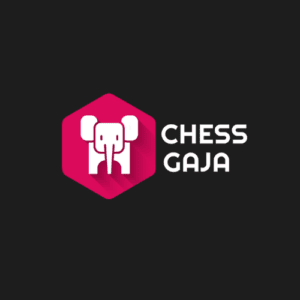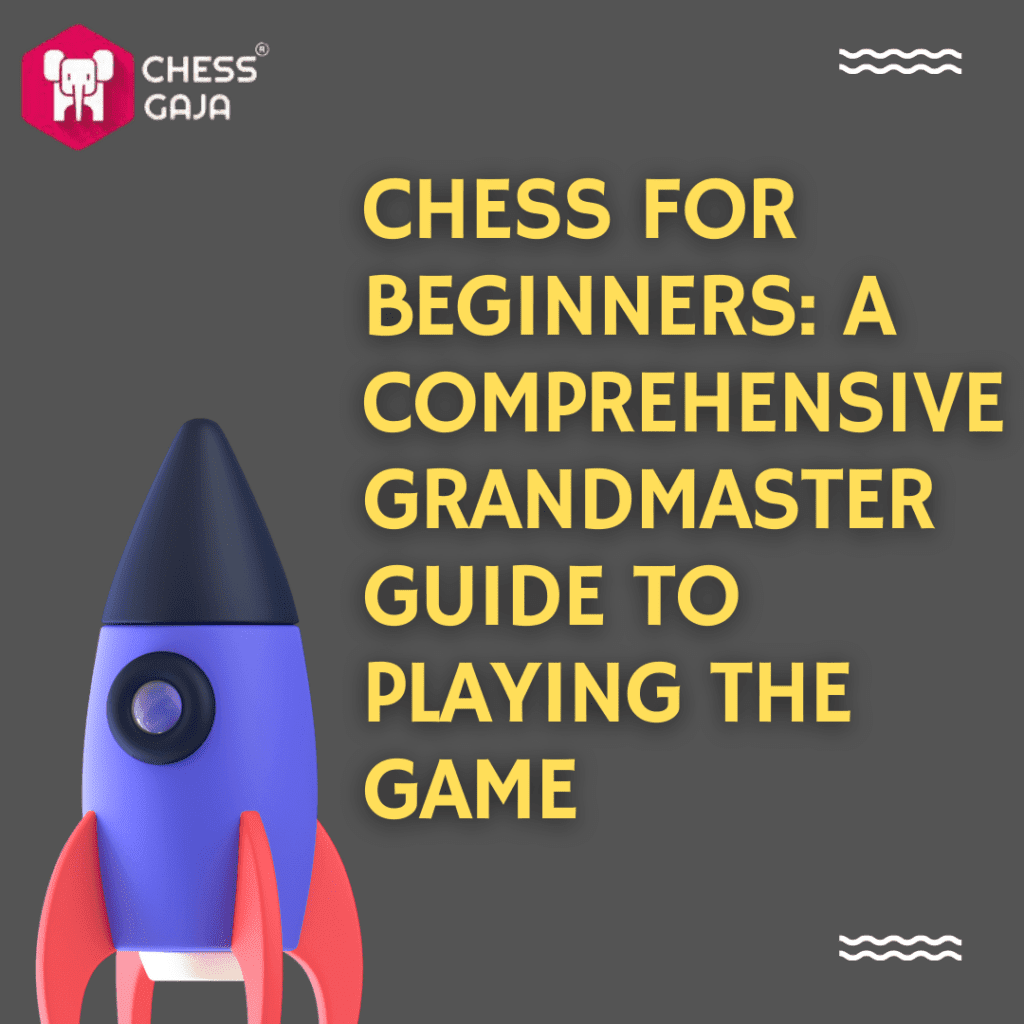Chess is a complex and challenging game that has been enjoyed by people of all ages for centuries. If you’re a beginner, there are a few things you need to know in order to get started.
Here are the basics of chess:
The game is played on a checkerboard with 64 squares.
Each player controls 16 pieces: 8 pawns, 2 rooks, 2 knights, 2 bishops, 1 queen, and 1 king.
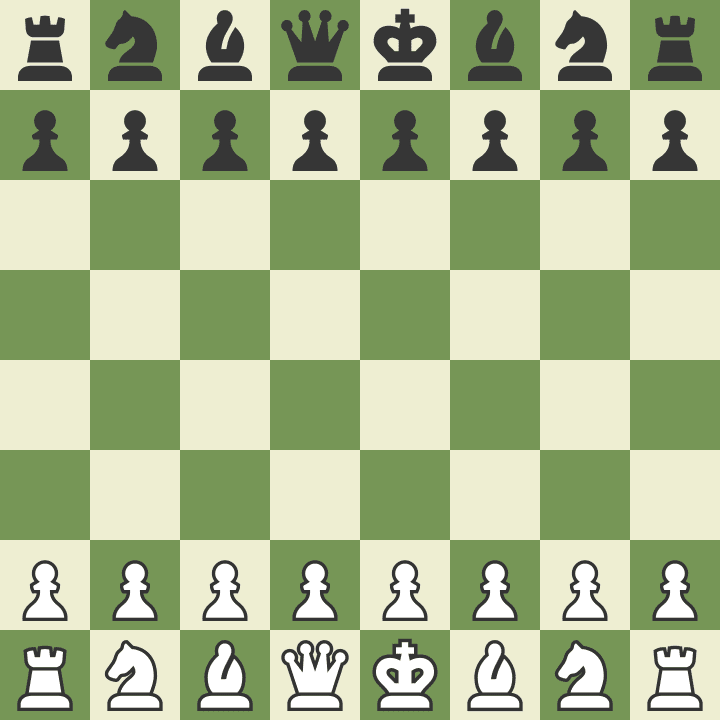
The goal of the game is to checkmate your opponent’s king, which means putting the king in a position where it is in immediate danger of being captured.
Here are some more detailed explanations of the pieces:
Pawns: Pawns are the weakest pieces on the board, but they can also be very powerful. They can only move forward one square at a time, but they can capture pieces diagonally. Pawns also have a special ability called “en passant,” which allows them to capture an enemy pawn that has just moved two squares forward.
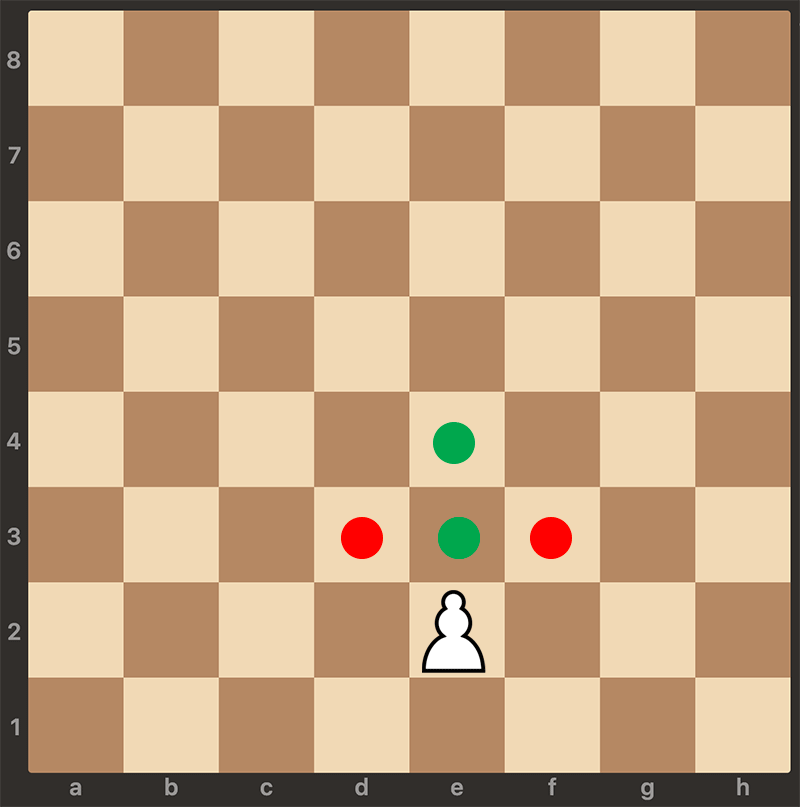
Rooks: Rooks are the second most powerful piece on the board when it comes to moving. They can move any number of squares in a straight line, horizontally or vertically.
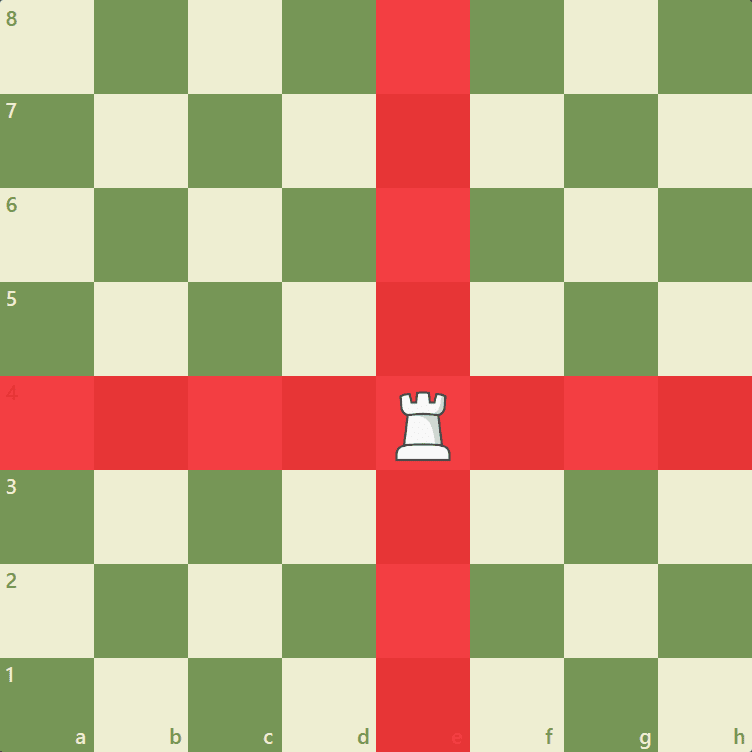
Knights: Knights are the most unpredictable pieces on the board. They can move two squares in one direction and then one square in another direction, or vice versa. This means that they can jump over other pieces. It moves in a L shaped pattern
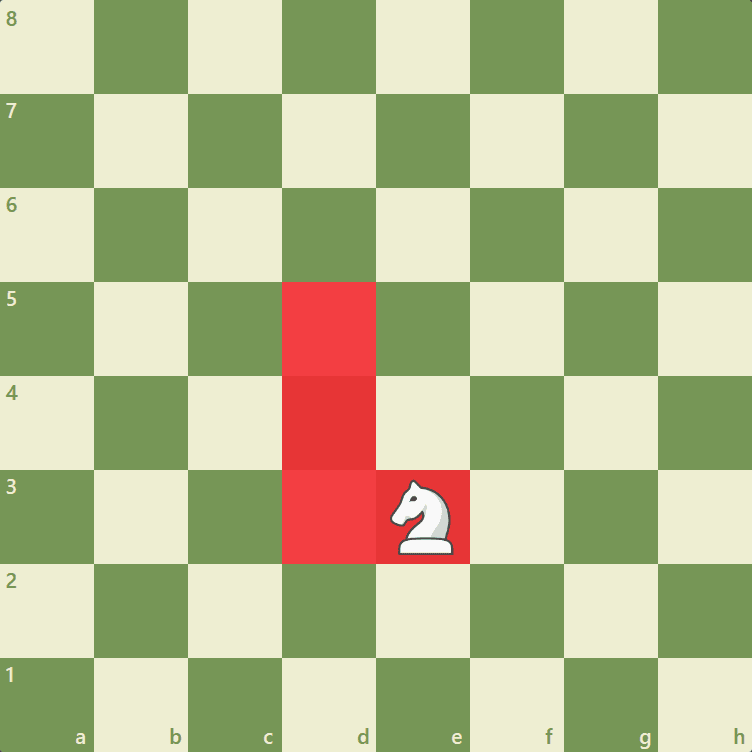
Bishops: Bishops can move any number of squares diagonally.
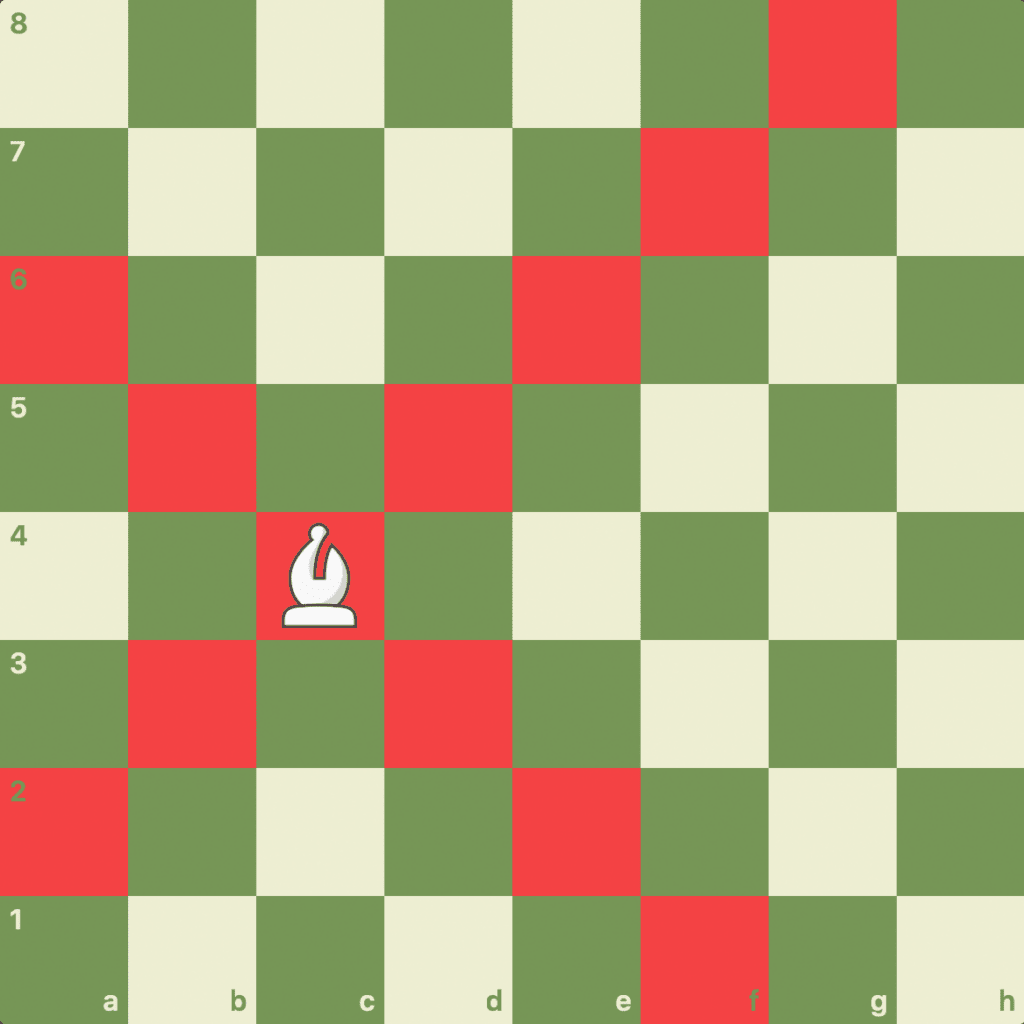
Queen: The queen is the most powerful piece on the board. She can move any number of squares in any direction.
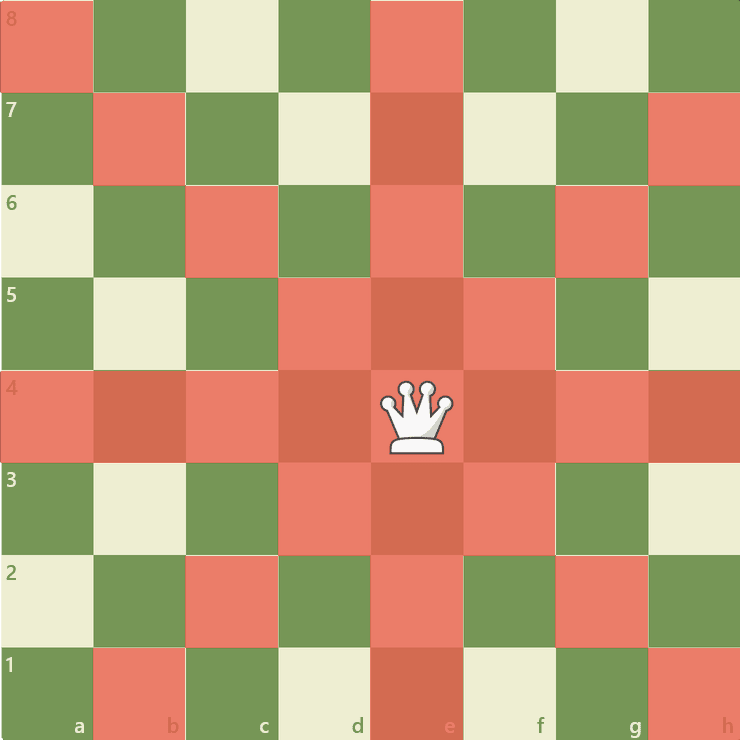
King: The king is the most important piece on the board. If the king is captured, the game is over. The king can move one square in any direction.
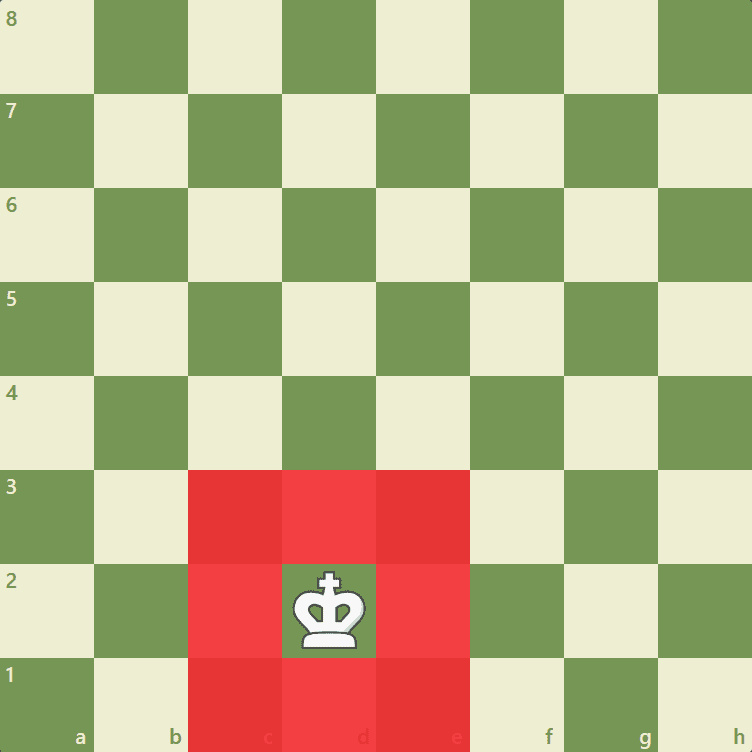
Here are some tips for beginners:
- Start by learning the rules of the game. There are many resources available online and in libraries that can help you with this.
- Practice playing against a computer or a friend. This will help you get used to the mechanics of the game and start to develop your skills.
- Study basic openings and tactics. This will give you a foundation to build on as you improve your game.
- Don’t be afraid to make mistakes. Everyone makes mistakes when they’re learning a new game. The important thing is to learn from your mistakes and try not to make them again.
Have fun! Chess is a challenging and rewarding game, so enjoy the journey of learning and improving.
Here are some additional resources for beginners:
- Lichess: https://lichess.org/ is a free, open-source chess website that allows you to play against computers and other players.
- Chess.com: https://www.chess.com/ is a popular chess website that offers a variety of features, including the ability to play against computers and other players.
- Chessable: https://www.chessable.com/ is a website that offers chess courses and training materials.
In addition to the tips listed above, here are some other things to keep in mind as you’re learning to play chess:
Don’t be afraid to experiment. There are many different ways to play chess, and there is no one right way. Try out different strategies and see what works best for you.
Be patient. It takes time to become a good chess player. Don’t get discouraged if you don’t win every game. Just keep practicing and learning, and you’ll eventually see improvement.
Have fun! Chess is a great game, so enjoy the challenge of learning and improving.

